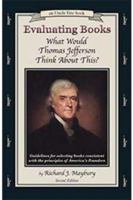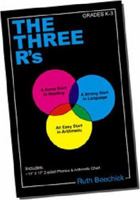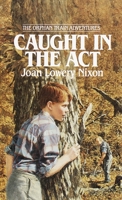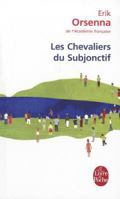Mother Carey's Chickens
Select Format
Select Condition 
You Might Also Enjoy
Book Overview
Customer Reviews
Rated 5 starsRefreshing and delightful
I had to hunt this one down. I love the movie "Summer Magic" which was based on the book. I have rarely read a book so fast. It was so refreshing to read of another, less uptight era where neighbors cared about each other and happily gave of their time and means to help a family they had never met. The Carey's have a magical quality that is all their own, bringing joy to those around them. Mrs. Carey refers to her...
0Report
Rated 5 starsThis is a "breath of fresh air" kind of book in a our world.
Kate Douglas Wiggin penned a wonderful piece of literature with an uncanny gift for providing serenity. It is an old-fashioned story about an old fashioned family. The Carey family faces seemingly insurmountable problems but persevere with dignity and grace. The characters are real, not goody, goody, but they possess an innate goodness that comes with careful parenting and being bred in a time of high moral standards...
0Report












































